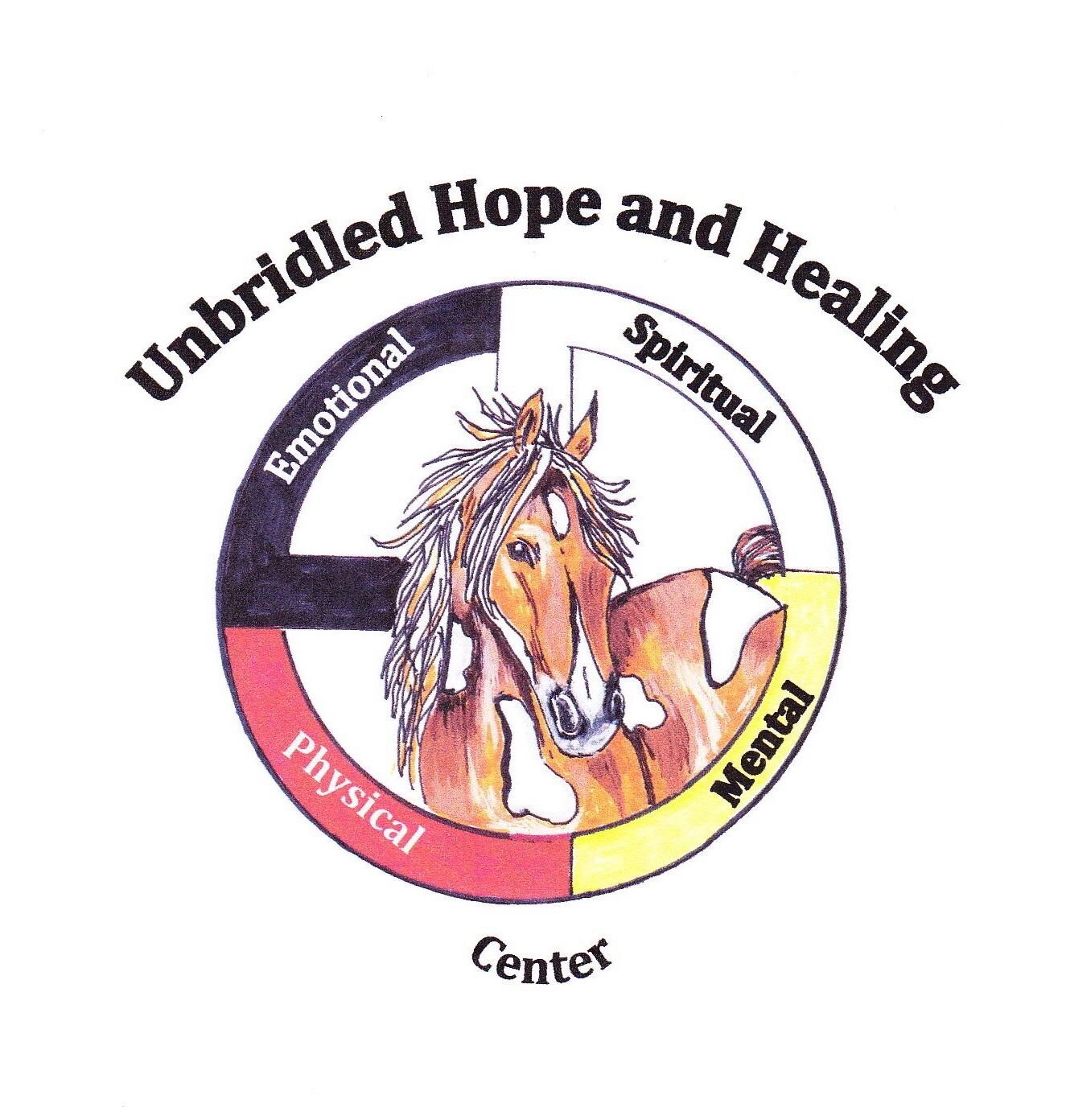
Resources
Equine Assisted Activities (EAA)
Equine Assisted activities to encompass any activity, mounted or un-mounted that will takes place in the equine environment. Activities include grooming, stall management, shows, parades or demonstration, and training.
Equine Assisted Therapy (EAT)
Equine Assisted Therapy is a goal-directed intervention in which we will have a specially trained equine is an integral part of the treatment process. Equine Assisted Therapy is directed and provided by a health service professional with expertise and within the scope of practice
Family and Caregiver Resources
Parent/caregiver Training
Positioning
Community Resources (Child Care, WIC, Shelter, Medicaid, etc.)
Equipment Needs/Letters of Medical Necessity
Collaboration with families, other medical, educational, developmental, and rehabilitation specialists
Evaluation and Selection of Clients for Services
Licensed Physical, Occupational and Speech therapists will evaluate potential patients/clients, and will collaborate closely with the medical doctor to consider precautions or contraindications and the appropriate services to be rendered.
Services to be Funded and Provided to Eligible Clients
Evaluation
Hippotherapy
Equine Assisted Activities
Equine Assisted Therapy
Clinical Physical Therapy
Clinical Occupational Therapy
Family/Caregiver Training
Family/ Caregiver Resources
Services Capacity
The number of trained horses, trained volunteers, handlers, and Therapists would allow for 8-10 individuals to receive Hippotherapy and other equine or clinical services per day. Thus, up to 50 children and adults could benefit from a dedicated staff of professionals and trained staff to address impairments that inhibit function.
Unbridled Hope and Healing Center is a horse rescue and comprehensive therapy center focusing on providing free services for military veterans, children, couples, and families in need. Licensed treatment professionals and horse professionals will incorporate equine movement and activities (mounted or un-mounted) in an equine environment for the purpose of rehabilitating individuals and horses physically, mentally, and emotionally.
Our staff of professionals will use evidence-based practice and clinical reasoning to use horses as an integral and experiential tool for treatment in addressing:
Veterans dealing with PTSD and other trauma issues
Physical Disabilities
Individuals dealing with issues of childhood trauma
Persons suffering from depression and anxiety
Victims and perpetrators of sexual abuse
Cognitive disabilities
Speech and language disabilities
Domestic violence victims and perpetrators

